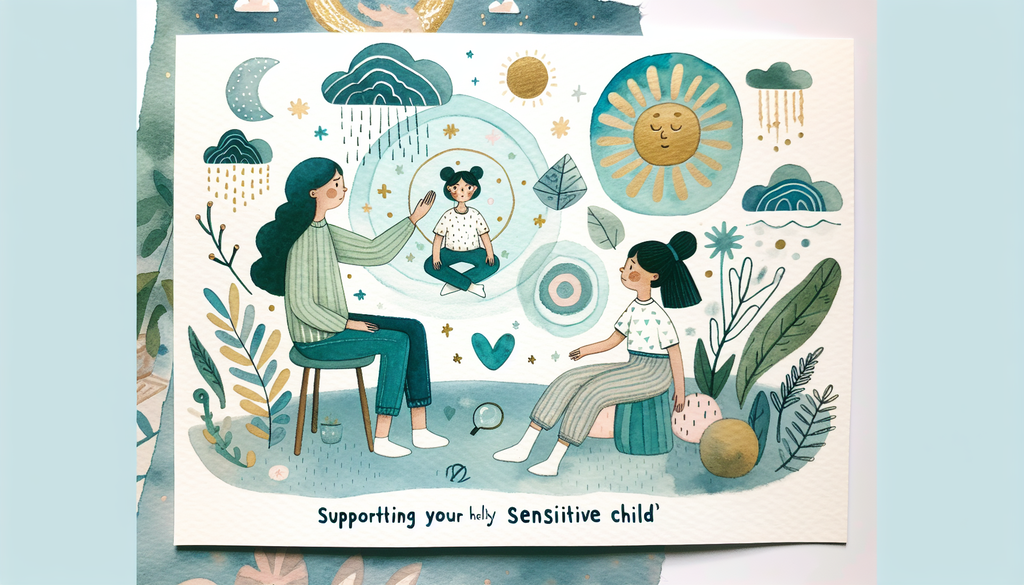Supporting Your Highly Sensitive Child

As parents, sometimes it can be challenging to understand children who are exceptions in their own ways. Whether they have been identified as gifted or have special needs, their intense emotional reactions and sensory sensitivities often require specialized attention. This challenge is especially true for highly sensitive children, who may sometimes struggle in the conventional methods of education and upbringing. This post aims to provide parents and caregivers some guiding advice on understanding and supporting highly sensitive children.
Sensitive children typically react more intensely to their environment compared to their peers. They may get upset more easily, seem more anxious, or even be more impacted by physical stimuli such as loud noises or bright lights [^1^]. Recognizing such behaviors as part of their high sensitivity instead of labeling them as problematic can be a crucial step in supporting their unique needs [^2^].
One way to support their unique needs is to manage their environmental stimulation by minimizing exposure to such triggers as much as possible. For example, if your child is sensitive to loud noises, try to create a quiet and peaceful home environment or use noise-canceling headphones when out in crowded places[^3^]. To understand more about these unique triggers and their impact, parents can refer to our post on Understanding Your Child’s Behavioral Triggers.
Nurturing emotional intelligence is another aspect that parents should focus on. High sensitivity often comes with deep empathy and a wide range of emotions. Children need to be taught how to handle this emotional intensity in a healthy and controlled manner[^4^]. Read Giftedness and Emotional Sensitivity: Nurturing Emotional Intelligence where we shed light on how to support the emotional intelligence of gifted children, who often experience heightened emotional sensitivity.
Educators have a significant role to play in supporting highly sensitive children. Schools should strive to accommodate the unique needs of these children and provide an inclusive learning environment. For parents seeking more information on advocating for truly inclusive education, Beyond Accommodations: Advocacy for Inclusive Education offers a guide that goes beyond basic accommodations.
Given their susceptibility to sensory overload, special occasions such as holidays can prove to be particularly challenging for sensitive children. Our post on Holiday Strategies: Reducing Sensory Overload for Special Needs Kids provides some useful tips to minimize sensory overloads during festivals and holidays.
Finally, remember that every child is unique, and their path to development will be different. It’s vital to be patient, empathetic, and supportive through their moments of struggle. Their high sensitivity is not a defect, but another beautiful color in the spectrum of human diversity. Your understanding, acceptance, and support can be the greatest gift to them.
We hope this post empowers you with useful insights to understand and support your highly sensitive child.
Stay tuned to our Parenting Tips & Techniques for more such content in the future.